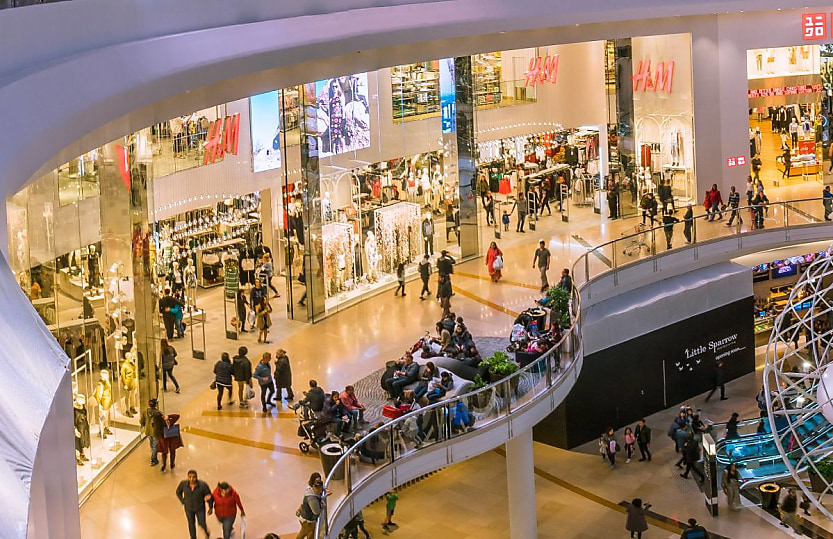Black Friday delivers lower-than-expected boost to retail sales

Retail turnover rose 0.8 per cent in November, according to data from the Australian Bureau of Statistics.
Retail sales rose in November thanks to widespread Black Friday discounts but still came in below predictions in a sign that consumption is recovering slower than expected.
Australian Bureau of Statistics (ABS) data released yesterday showed retail turnover rose 0.8 per cent in November, following a 0.5 per cent rise in October and 0.4 per cent in September.
Compared to a year earlier, sales were also up 3 per cent.
Head of business statistics Robert Ewing said retailers across all industries experienced higher spending due to widespread Black Friday discounts.
“Black Friday sales events proved once again to be a big hit,” he said.
“The popularity of Black Friday sales continues to grow with promotional activity now stretching across the entire month of November, not just solely focused on the Black Friday weekend.”
Of the non-food related industries, department stores rose 1.8 per cent, followed by clothing, footwear and personal accessory retailing (+1.6 per cent), household goods retailing (+0.6 per cent), and other retailing (+0.3 per cent).
“Consumers have taken advantage of Black Friday sales once again, with discounting seen across clothing items, furniture, electrical goods and cosmetics,” Ewing said.
“Discounts were also seen in essential goods, with businesses in food retailing boosted by higher spending due to Black Friday price cuts and points incentives through rewards programs.”
Cafes, restaurants and takeaway food services (+1.5 per cent) recorded a fourth straight monthly rise, while food retailing also rose by 0.5 per cent.
But AMP economist My Bui said November’s retail sales still “disappointed” and was evidence of a “very gradual” recovery in consumption, driven by wages growth and the labour market.
“The retail outlook is not completely out of the woods,” she said.
“Economists were looking for a 1 per cent month-on-month rise, given that widespread promotions were expected to give a bigger boost to spending.”
She said the lower-than-expected figure followed a “decent” October result (+0.5 per cent) as the sales period started earlier this year compared to 2023.
“Many consumers may have front-loaded their purchases, unlike in 2023 when there was a pullback in October ahead of Black Friday sales,” she said.
Bui said the retail sales data was “relatively neutral in terms of implications for the RBA”.
It comes after consumer price index data released on Wednesday showed headline inflation rose 2.3 per cent in the 12 months to November, up from a 2.1 per cent rise in the 12 months to October.
Annual trimmed mean inflation was 3.2 per cent in November, down from 3.5 per cent in October.
About the author







